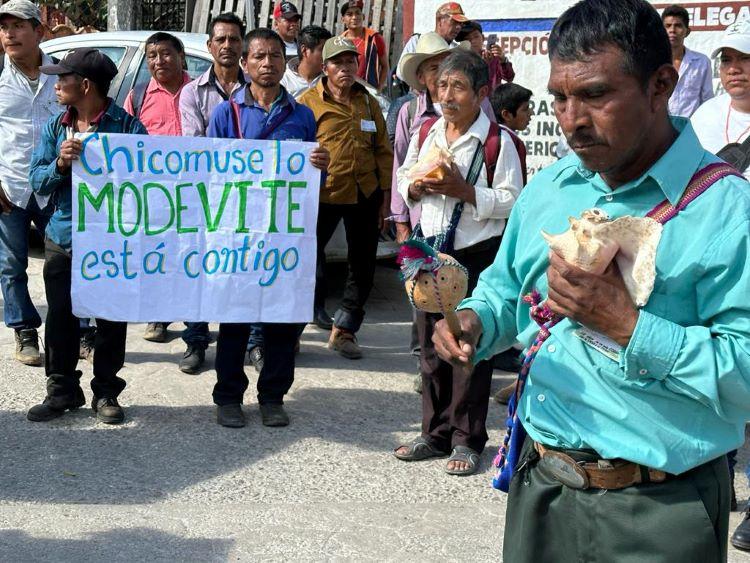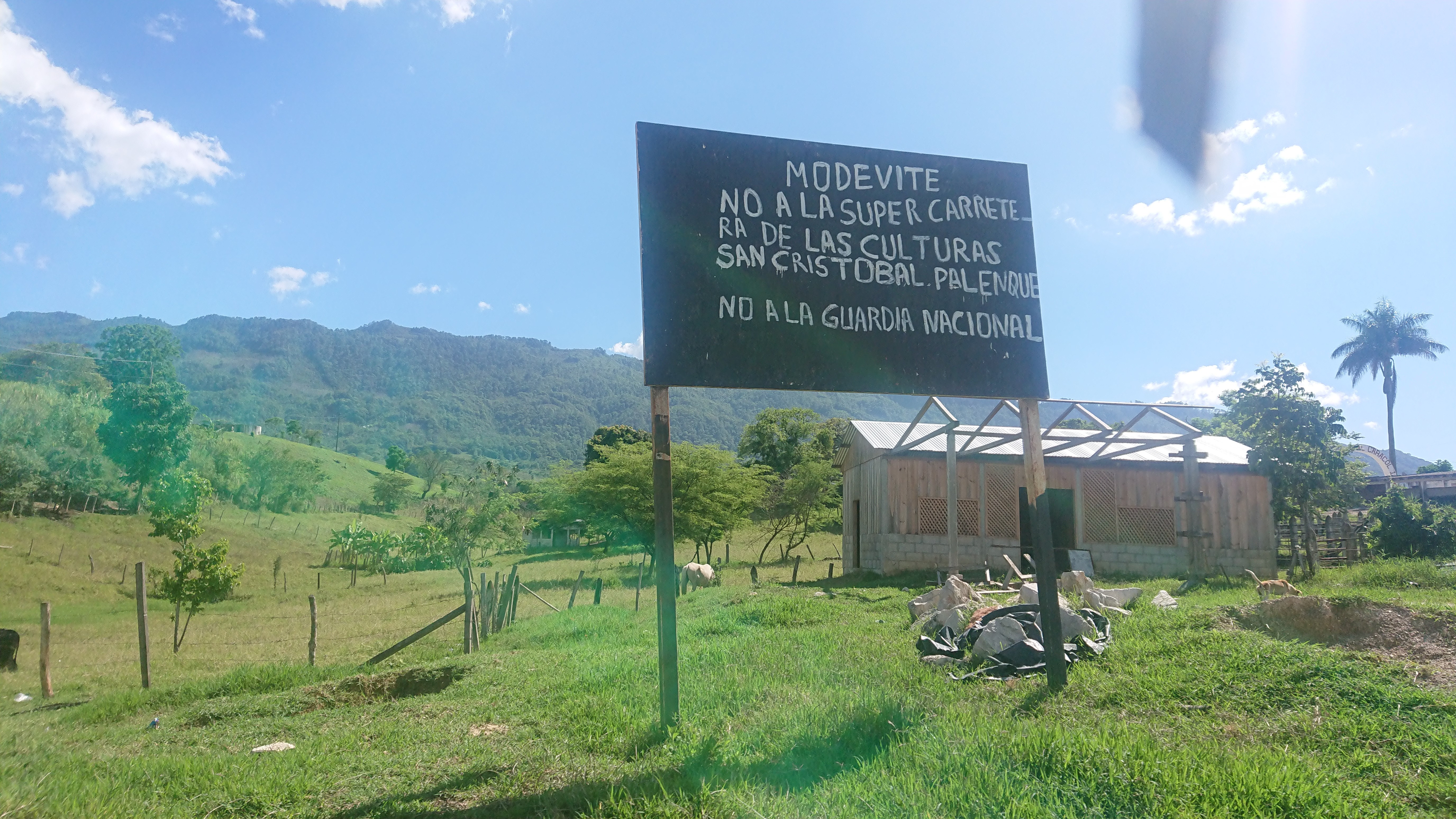
‘We organize for life’: The LSRI mourns the murder of Mexican priest Marcelo Pérez, who contributed to its research
Key Details
In recent years the LSRI has been involved with an important research project called Faith-Based Participation in Natural Resource Governance. This was a multi-site project, in collaboration with the World Resources Institute, and involved numerous local research participants.
All of us at the LSRI were deeply saddened at the news of the assassination on Monday 21st October of our valued research collaborator, Marcelo Pérez, a tzotzil indigenous Catholic priest from the southern Mexican state of Chiapas, whose insights and experiences significantly contributed to our research. Fr Marcelo accompanied the activities of the Movement for the Defence of Life and Territory (MODEVITE), a group that was considered in the project as an example of faith-based actors in environmental protection.

Fr Marcelo had received death threats for his work in environmental defence and peace-building in an area where criminal gangs and drug and human trafficking have been prominent. He had been removed for security reasons from the rural communities he was serving to an urban parish in San Cristobal de las Casas, where he was interviewed by our research team on 28 June 2023.
Fr Marcelo knew that addressing violations of human rights, land dispossession, and environmental destruction was dangerous. But he linked this with his own faith understanding: ‘today Christ continues to die in the poor, in the humble, in the Indigenous people, in the peasants, and talking about this when preaching at Mass compromises [my safety]’, he said. But, in the footsteps of St Oscar Romero, he showed great courage. These words, shared during his interview, resonate profoundly after his death:
That is why when Laudato Si’ came out, I did not think of the danger that is going to come; rather it gives me great joy; it gives a lot of strength; it gives a lot of credibility, sustains, protects, helps us to get into more challenging areas, but we come out alive. It is not that the hour has not come to us if it came to Jesus, but we always believe in death with resurrection, as Saint Oscar Romero says: “if they kill me, I will rise again among the people". Jesus said: "do not be afraid of the one who can only kill the body”. So, it is very encouraging. [...] The project of life, of the Earth, of the defence of human rights, is God's project, so I firmly believe in God and I try to do what he inspires me to do, regardless, in a good sense, of what may happen to me.
Fr Marcelo’s words echo many of our other research participants, who likewise speak about the defence of life stemming from their faith, which they understand as comprising a connection with God and with all life. It is what gives them strength to overcome the many challenges of safeguarding biodiversity and the balance of ecosystems. As another person interviewed (who has to remain anonymous for security reasons) shared with us, ‘having [a] connection to Nature within us is the basis of the defence of life and territories. The spirituality that our ancestors have given us is the only thing that gives us strength. Without spirituality, we cannot walk in this struggle.’

When asked about how his indigenous roots shaped his work, Fr Marcelo shared: ‘There is also wisdom in Indigenous peoples. My father does not know the Bible, but he always insisted: “our mother earth, do not hurt her, do not mistreat the animals, do not mistreat the water, do not mistreat, take care”. And that comes from the wisdom of Indigenous peoples. I think that for me those are the foundations: why we fight for life, we defend the Earth, we organize the people for Peace, we organize for life.’
The death of Marcelo Pérez comes one month after the death of another LSRI research participant, Juan Antonio López, who was associated with the Jesuit social centre Centro ERIC in Honduras. He was due to share his insights on Catholic responses to mining for a new LSRI research project on the Catholic Church and mining in collaboration with the Catholic Peace Building Network at the University of Notre Dame. They, and many others whose names are unknown to us, shall not be silenced. Their words and lives will continue to live in our research and publications.
Written by: Séverine Deneulin and Araceli Téllez
Header image credit: A sign protesting the Highway of Cultures in Chiapas, Mexico. Photo by Araceli Téllez
Correction: In several international media reports, Marcelo Pérez was described as a Jesuit priest. He was a diocesan priest of the diocese of San Cristobal de las Casas. Fr Marcelo grew up in the Jesuit-run Misión Bachajón in Chiapas and was a close collaborator in the Jesuit ecological and social justice apostolate in the area.


